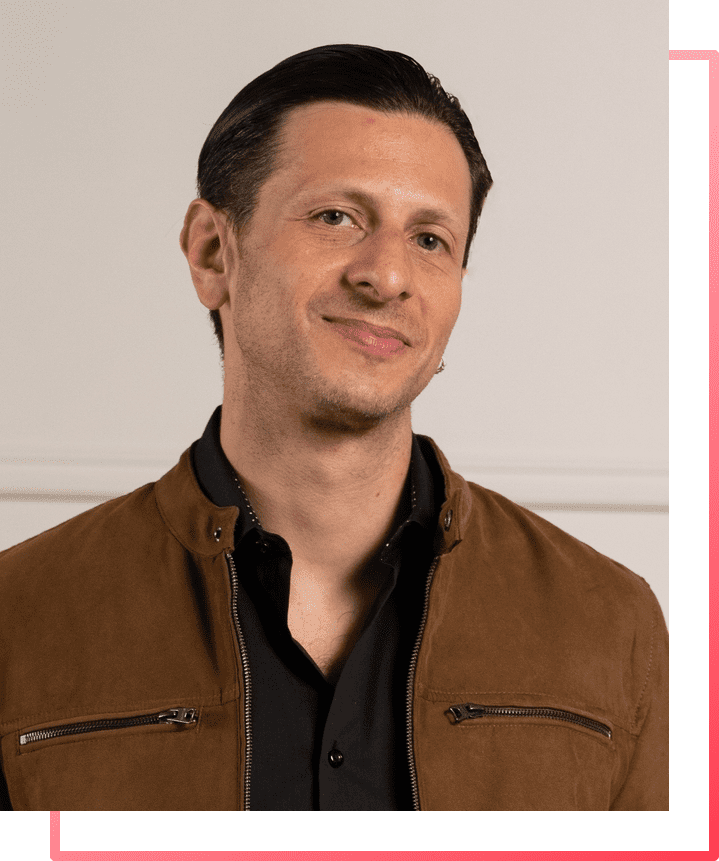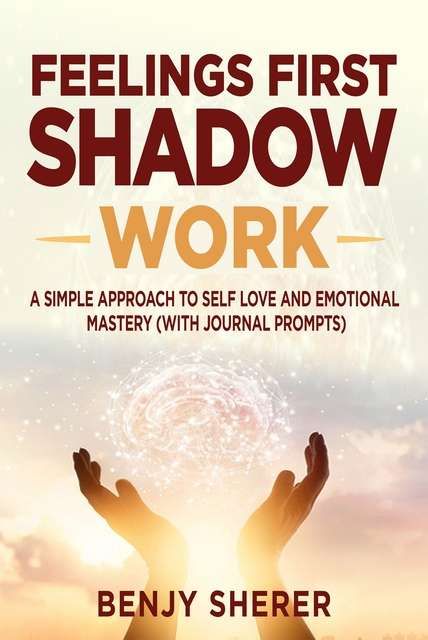Will Anxiety Go Away On Its Own?
Some problems resolve themselves naturally over time... Is Anxiety one of them?
One of the beautiful and also most frustrating elements about our emotional experience as humans is that it is always fluctuating. There’s no such thing as an emotion that lasts forever. Even for those of us who have ever found ourselves stuck in depression for ongoing periods of times, there are still ups and downs within the context of that depression.
That can be a wonderful thing to remind yourself of when things aren’t going so well. In moments when I’m feeling down, I remind myself that this emotion isn’t going to last. On the other hand, when things are going well, it can be frustrating to realize that the emotion necessarily will fade. But, I suppose… that’s also what makes life beautiful.
Regardless, we need to ask ourselves if anxiety is one of those things that will just pass with time, like our other emotions?
While some acute cases of anxiety might have strictly physiological causes that can resolve themselves naturally, most cases (especially any long-term cases) are caused by unresolved emotional issues that will not resolve themselves naturally. These case CAN be conquered by developing a simple set of emotional fitness skills and tools that anyone can learn.
If anxiety is brand new to you (if you’ve only been struggling with it for a few weeks or a few months), it’s reasonable to think that it might just fade on its own. Everyone is dealing with some level of stress in their lives and there are countless reasons why a regular amount of stress can tip the scales at some point and become anxiety.
There can also be other reasons for a brief experience of anxiety. Gut issues and other physiological changes, lack of sleep, unresolved emotions from the past coming up to the surface to be processed… If you’ve never dealt with anxiety before and it’s just coming up for the first time, you might be wise to avoid taking any huge, drastic action.
You might - for example - want to avoid committing to a long-term regimen of anxiety medications. Don’t underestimate the power of psychological medications. These things are incredibly powerful, create dependencies, and can cause side effects that may be worse than the symptoms you’re trying to deal with.
Let me be clear… I am NOT trying to vilify medications. They are important in many cases and should be used appropriately, treated with respect. I’m merely saying that we live in a world where lots of people think that the answer to all of their problems can be as easy as popping a pill, and they don’t truly consider the implications of turning to that solution. As I just said, these things need to be treated with respect.
Even if the intense experience of genuine anxiety is relatively temporary for you, however, it would be even more short-lived and even less painful if you were to build genuine emotional fitness and a set of skills and tools of how to properly navigate your internal experience. Emotional fitness training isn’t just to help you deal with anxiety… it will improve every situation in your life, and if this is what it takes to get you to finally commit to this process, then wouldn’t it all be for the best?
I like to say that it may not be true that everything happens for a reason, but if you choose to learn and grow from the bad things, then they will have happened for a reason. If you choose to use a brief period of anxiety as the motivation to learn genuine emotional fitness, then it will have all been for a purpose.
Which brings us to the other category of people… Those for whom this anxiety you’re facing isn’t new and isn’t just some random, temporary occurrence. Maybe you’ve been struggling with anxiety persistently for years, maybe it’s been bearable in some moments and debilitating in others, or maybe it’s come and gone without specific rhyme or reason for as long as you can remember.
One way or another, we should recognize that anxiety stems from fear, and that fear is our body’s way of telling us that something is wrong. Your experience of anxiety is always pointing you in the direction of where you need healing and - ultimately - hoping it will just go away on its own is really your way of avoiding the discomfort that comes along with confronting the unresolved emotional distress that is causing it in the first place.
Imagine you sprained your ankle and you never took the time to let it heal or did exercises to strengthen it. Is it possible that the pain will eventually go away? Absolutely. It may not hurt forever, but it is necessarily true that your ankle will be all the weaker for it by the end of this and your ability to walk, run, jump and dance will be greatly diminished because you didn’t put in the work to deal with it when it was weak.
The same is true for your emotions. The pain you feel is an indication of a wound and the wound needs to be treated directly, in the moment, in order to avoid lasting damage.
Point being, even for those of you who experience ups and downs in the extent of your anxiety, it never truly ‘goes away’ on its own because it is a symptom of something deeper. It both stems from and creates a collection of emotional defense mechanisms designed to help you avoid feel emotional discomfort.
Every moment of emotional distress that you experience creates a certain amount of emotional energy that - in a masterfully emotionally healthy person - will be purged and processed in the moment through things like crying, screaming, shaking or laughing. The body knows how to process emotions, but we need to be completely fearless about experiencing them in order to properly purge all the energy created in the moment.
We have all experienced pain in the past when properly processing emotions, however, and learned how to avoid doing so.
In fact, I heard a great tip for actors the other day. I believe it was Patrick Stewart who gave the advice that a great actor doesn’t fully exhibit the emotion their character is experiencing, because in real life… we don’t actively display our emotions. We actually all tend to go out of our way to hide our emotions. When we’re sad, we hold back our tears. When we’re excited, we tend to try to play it cool. When we’re drunk, we try to act sober.
We all have tendencies to hide how we’re really feeling in order to protect ourselves from judgment, rejection and pain and as a result, emotional energy gets stored rather than purged.
This unresolved emotional energy - as well as the self-betrayal that comes along with constantly wearing this mask over our emotions - are huge culprits in our anxiety.
So, if you don’t learn how to handle this emotional energy directly, the best that you can hope for is that the intense symptoms you’re experiencing might subside briefly, but even if they do… it just means that emotional damage is continuing to pile on and it will bleed out into areas of your life in ways that you don’t notice.
Do you tend to get frustrated easily? Are you quick to tears or easily triggered? Do you find it hard to trust people?
These issues all stem from the same unresolved emotions and defense mechanisms that are at the root of your anxiety.
Point being, even in the best case scenario where it might seem like the anxiety ‘goes away on its own’, the source of your anxiety is still there, and - whether this is a new problem or has been ongoing for decades - its best to use the emotional distress you’re in as an indication and motivation to do the inner work to master your emotions once and for all.
Tags: #anxious, #emotional-fitness, #healing-anxiety, #emotional-energy
Share This Post!

Benjy Sherer is a mental health coach and emotional fitness trainer specializing in anxiety and trauma healing. His approach is about bypassing the intellectual analysis of our past traumas and focusing instead on conquering the subconscious cycles that keep us stuck in fear and which prevent us from truly healing our pain.
Enjoying these posts? You’ll LOVE my book! Click below to check it out on Amazon. (Also available as Audiobook)

Keep Learning with Me!
Get mental health tips, wisdom and reflections sent directly to your email!





